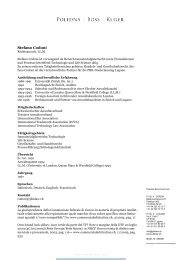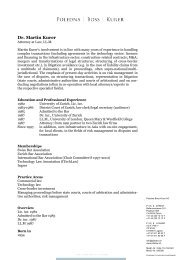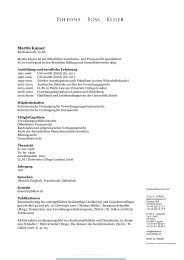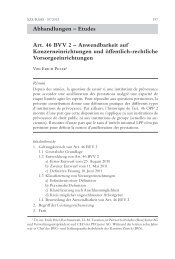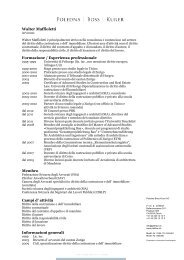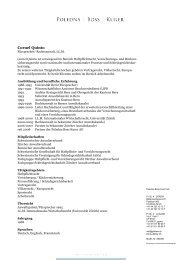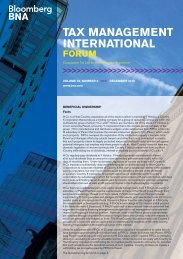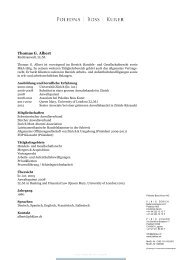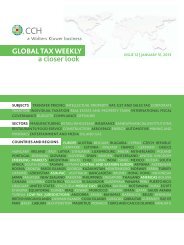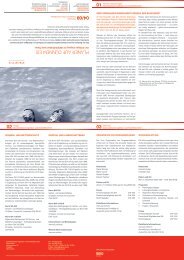721.8 kB - Poledna | Boss | Kurer
721.8 kB - Poledna | Boss | Kurer
721.8 kB - Poledna | Boss | Kurer
- No tags were found...
Create successful ePaper yourself
Turn your PDF publications into a flip-book with our unique Google optimized e-Paper software.
ates – such that, in 2014, the 4 percent rate on thesale of certain editorial products (but not books)will be abolished and they will be taxed at the normal21 percent rate, while the 4 percent VAT rateon food and drinks sold in automated machineswill increase to 10 percent.Scots Ponder AmendmentsTo Property Sales TaxScotland's Finance Minister John Swinney has expressedopposition to proposed amendments tothe planned Land and Buildings Transaction Tax(LBTT) which would link the rate at which the taxis set to energy efficiency.Th e proposals were put forward by Malcolm ChisholmMSP during a meeting of the ScottishParliament's Finance Committee. Chisholm arguedthat a property's Energy Efficiency Certificate(EEC), which is required when a property issold, would make variations in the tax rate easyto calculate, with perhaps an extra 0.5 percentadded to properties below the median EEC rating,and a discount of 0.5 percent for propertiesabove it. In this way, he explained, there would be"winners and losers," and tax neutrality would bemaintained. Chisholm also suggested a rebate forpurchasers who improve the EEC rating of theirnew home within 12 months.He described the proposed amendments as "a usefulcontribution" to meeting emissions targets, althoughthey were not a "panacea," and could becombined with other approaches, such as incentivesrelating to council tax.In response, Swinney argued that the amendmentswould create complexity and add uncertainty.He pointed out that EEC ratings changeover time, and that the tax would have no effecton properties rated at zero for LBTT, whichmake up 70 percent of the housing market andthe majority of the sales that take place each year.He added that owners of apartments would loseout, as it can be difficult to get all the owners ofa building to agree to improvements, and thatthe tax did not create an incentive, as the sellerwould make the improvements but the buyerwould get the advantage.Another member of the committee, John Mason,described the tax as "regressive," arguingthat while properties zero-rated for LBTT wouldreceive no help, larger properties would gain asubsidy. Further, the amount of the discount inproportion to the whole transaction would notbe an incentive, and the measure would do nothingfor properties that do not change hands. AsLBTT is to be the first tax brought in by theScottish Parliament, it would be better to keep itsimple, he suggested.Chisholm rejected the claim that the tax was regressive– he suggested that the discount for largerhomes could be subject to a cap, but it was largerhomes where energy efficiency improvementswere most urgent. Further, if larger homes paid65



